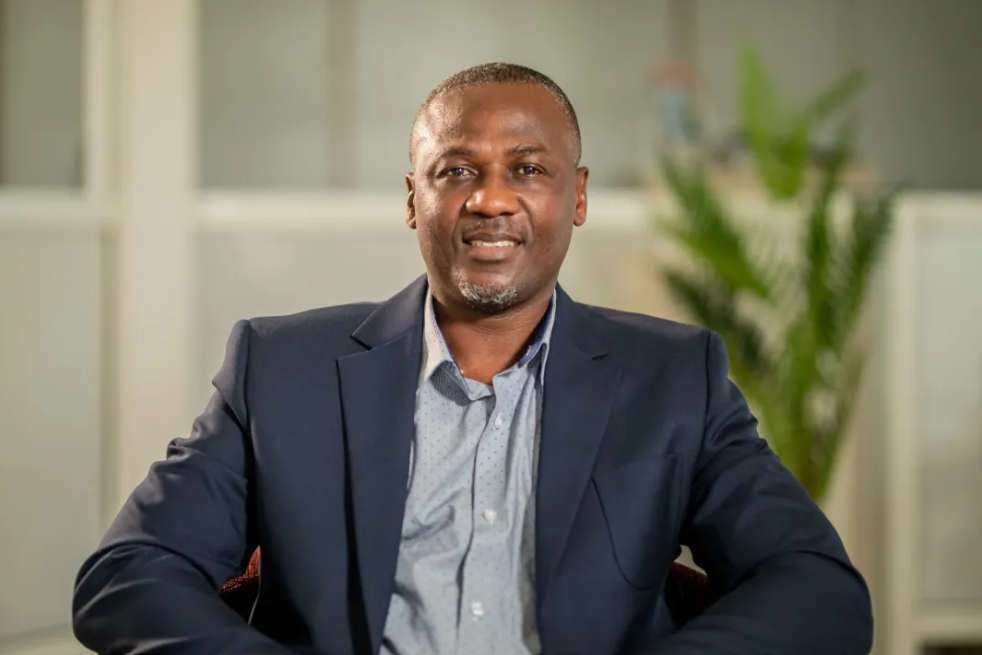Smart Infraco intensifies infrastructure investment for robust digital ecosystem

Smart Infraco Ltd., a telecommunication management service and solutions provider, has partnered the National Information Technology Agency (NITA) and the Ministry of Communications and Digitalisation (MoCD) to operate and commercialise a world-class government-owned digital infrastructure, and provide connectivity to Ministries, Departments and Agencies (MDAs), as well as Internet Service Providers (ISPs), and Mobile and Private Network Operators.
As the technical partner of NITA, Smart Infraco believes that investments are necessary to ensure seamless digitalisation of the national economy and has consistently ensured systems and facilities upgrade at the two national data centres in Accra and Kumasi, LTE nodes, rectified the Eastern Corridor fibre backbone, introduced rings within Accra metro fibre infrastructure for service reliability, and sharing of innovative technologies.
Fibre cuts, connectivity challenges, low instalment capacity, and inadequate network service infrastructure complaints have dominated the telecommunications and Internet service industry in the country over the years, and have been identified as limitations to digitalisation. In their bid to improve the situation, Smart Infraco has intensified investment at the national data centres and in the Eastern Corridor fibre backbone to increase capacity and ensure the sanctity of Internet connectivity and the nation’s digital infrastructure.
According to Smart Infraco, the enhanced capacity of the Eastern Corridor fibre infrastructure, which is also used by telcos to provide reliable services to customers in the eastern and northern parts of the country has been increased astronomically, and further investment is underway to expand it beyond its current capacity.
The Chief Technology Officer, Michael Kwablah, in a presentation at the just-ended ‘Technology Breakfast Meeting’ organised by NITA, in collaboration with the State Interests and Governance Authority (SIGA), mentioned that the Eastern Corridor fibre infrastructure, which passes through five regions in Ghana including Greater Accra, Eastern, Volta, Oti, Northern, and Upper East Regions – including point of presence (PoP) sites, has been fully rectified to include higher capacity and cutting-edge tools and accessories.
Mr. Kwablah said: “The capacity of the Eastern Corridor (Hardware & Software) used to be only 1 Gbps, which is very limited; but we have invested to increase this to 10 Gbps to ensure more uptake. We have also made further investments to increase it to 100 Gbps, and this will be ready by end of the first quarter of 2023. This capacity is huge enough to serve telcos, state agencies and private clients”.
He further added: “These investments in the national digital infrastructure will support telecom services providers and all government agencies to tap services from NITA. Today, this backbone fibre infrastructure is used by telecommunication companies as a redundant link to provide reliable service to their customers in the eastern and northern parts of the country.”
Touching on how Smart Infraco is dealing with issue of fibre cuts, Mr. Kwablah explained that road construction and other construction works were the primary causes of fibre cuts. To minimise this, Smart Infraco has proactively deployed field management partners to patrol the areas and present weekly reports on the status of the infrastructure projects happening on the stretch.
“In this case, we engage constructors about the presence of fibre cables and relocate them before they continue with the work to avoid any damage to our infrastructure, which has worked. This, the telcos find challenging to do due to the cost involved,” he said.
Mr. Kwablah reiterated that these systemic investments and measures being implemented will build a robust backbone ecosystem for the digital economy to thrive in the country. This will deal with issues of Internet breakdowns, inability to connect to people in remote areas, and inability to digitalise all operations of state agencies.
The Director-General of NITA, Richard Okyere-Fosu, mentioned that the significant infrastructure investments made to maintain the sanctity, security and confidentiality of digital infrastructure will make it possible for the state to digitalise all Police Stations, Post Offices, and state agencies to ensure efficient delivery of service across the country.





